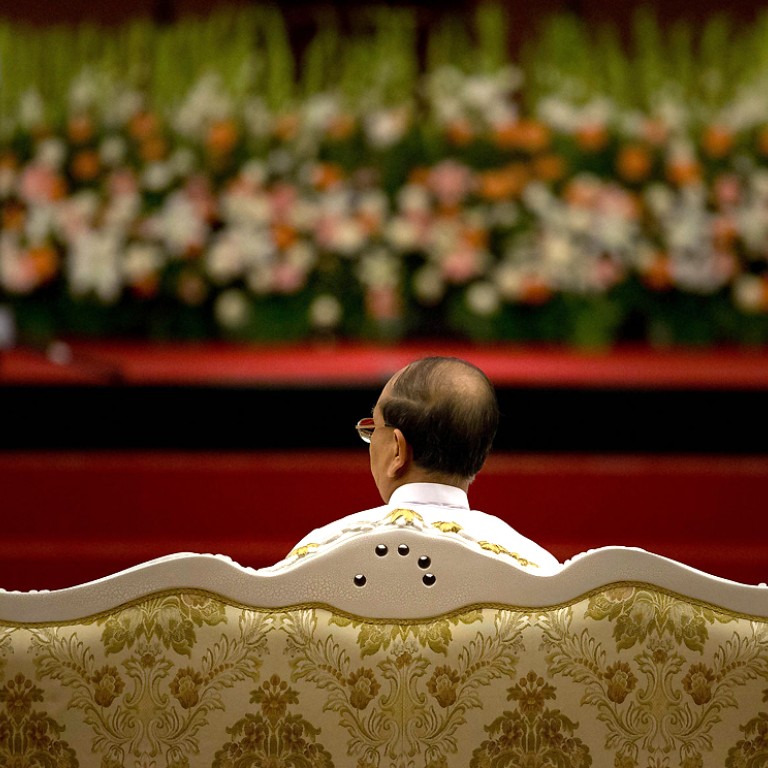
Asean ministers want legally binding code of conduct for South China Sea
Asean ministers want legally binding rules to be negotiated with China
Foreign ministers from Asean agreed yesterday on the need for a legally binding code of conduct in the South China Sea, at a time when China is taking a more assertive stance over its territorial claims in the region.
To avoid increased mistrust and reduce the risk of unintended conflict there needed to be "substantive" progress on crafting the code, Singapore Foreign Minister K. Shanmugam said after the one-day meeting in Myanmar's capital, Naypyidaw. The code would be created through negotiations with China.
The annual meeting took place amid continuing tensions, most recently heightened by China's placement of an oil rig in waters claimed by Vietnam.
China, which will attend the meetings as they broaden to include world powers in weekend security talks, has removed the rig from near the Paracel Islands.
"It's a miracle that there were not even more serious incidents, and it is in everyone's interest now to try to make sure that we contain them and move in a way that is acceptable to everyone," Shanmugam said.
The Philippines has been especially adamant in urging Asean to take a strong stand against China as it continues to press its claim to nearly all of the South China Sea.
The Philippines this time proposed its new "triple action plan", which calls for an immediate moratorium on provocative activities that could change the status quo in the sea and for taking both mid-term and long-term steps to settle disputes.
There were no notable objections to the proposal, but some said it was more important to have effective implementation of the Declaration on the Conduct of Parties in the sea issued by China and Association of Southeast Asian Nations in 2002, which stipulates that disputes should be resolved peacefully.
Some Asean countries with strong need of Chinese goodwill and aid, such as Cambodia, have been reluctant to back a region-wide stance if it would damage bilateral relations with the world's second-largest economy.
"The current developments in the world are causing serious concern to us," Myanmar President Thein Sein said at the outset of the meeting.
Thein Sein said the 10-nation association should strengthen its architecture and advance its policy of "peaceful settlement".
But he avoided mention of territorial disputes in the South China Sea.
In a draft of their joint statement planned to be released after the meeting, the ministers expressed concern over recent developments in the South China Sea, as well as in the East China Sea where Japan is locked in a tense territorial dispute with China.
"We stressed the importance of protecting the freedom of navigation in and overflight in the area and called on parties to refrain from taking unilateral action that would increase tensions and change the status quo," said the draft.
The draft underscores that any action to be taken in the region must be in line with "universally recognised principles of international laws".

